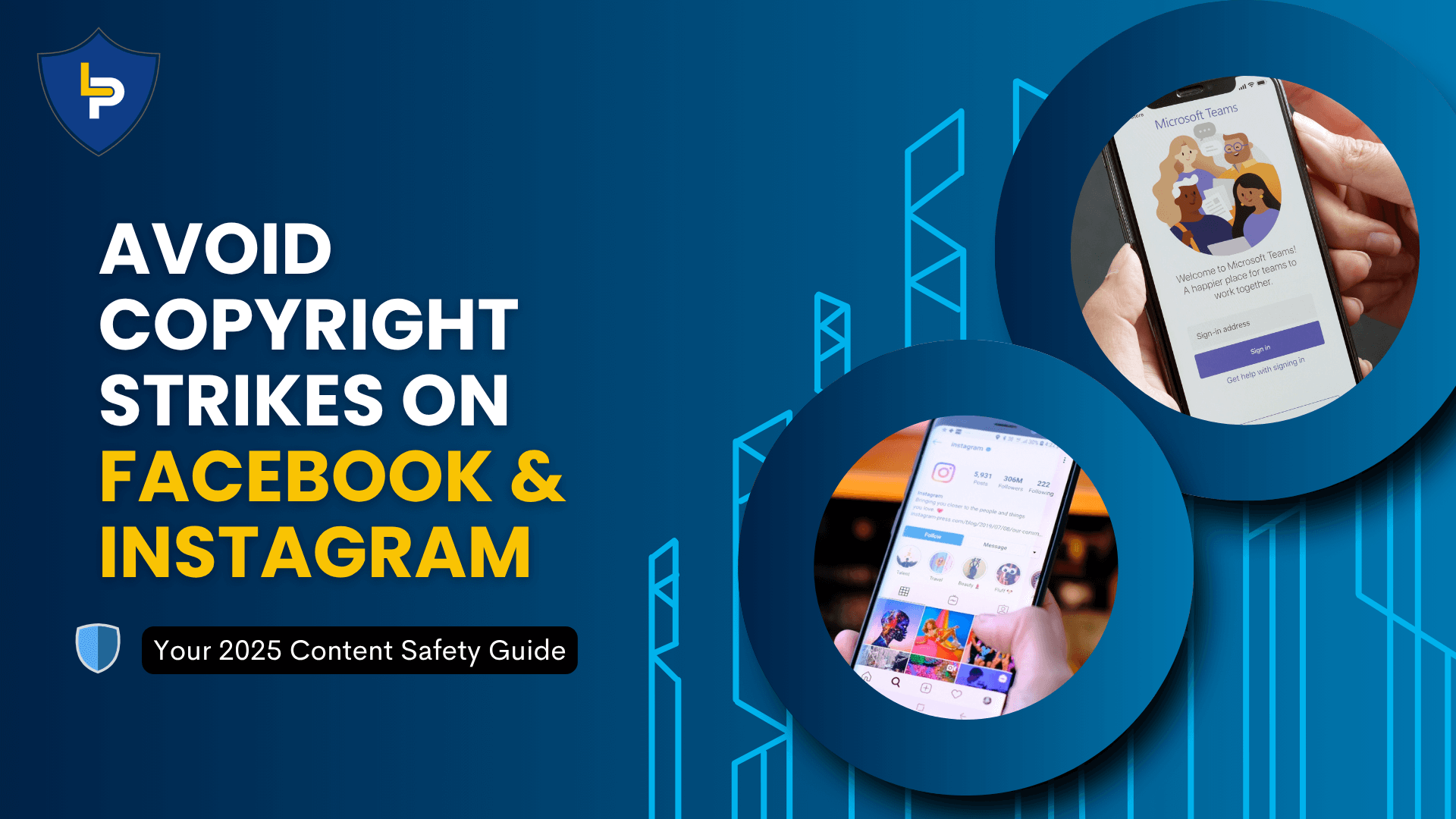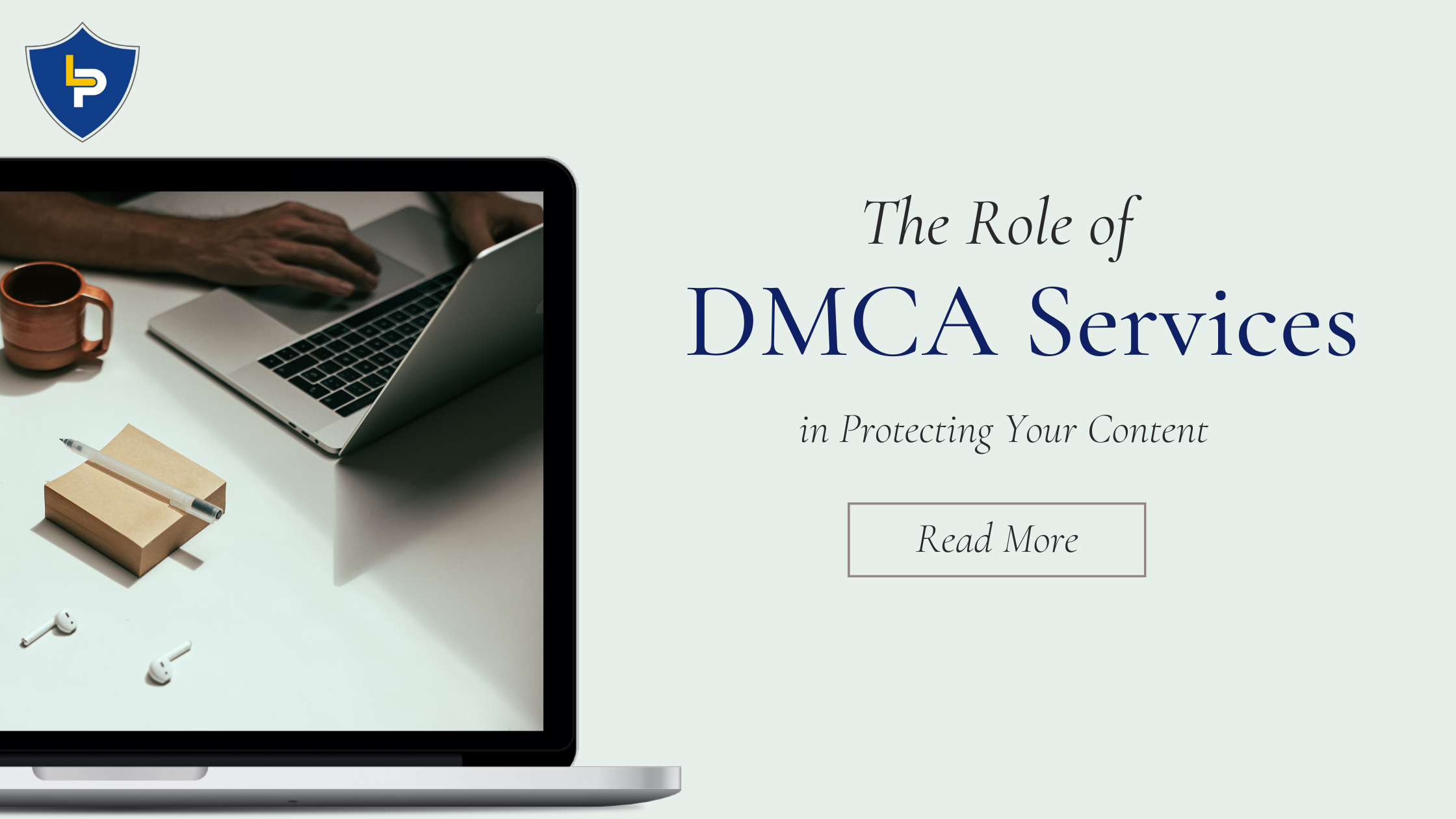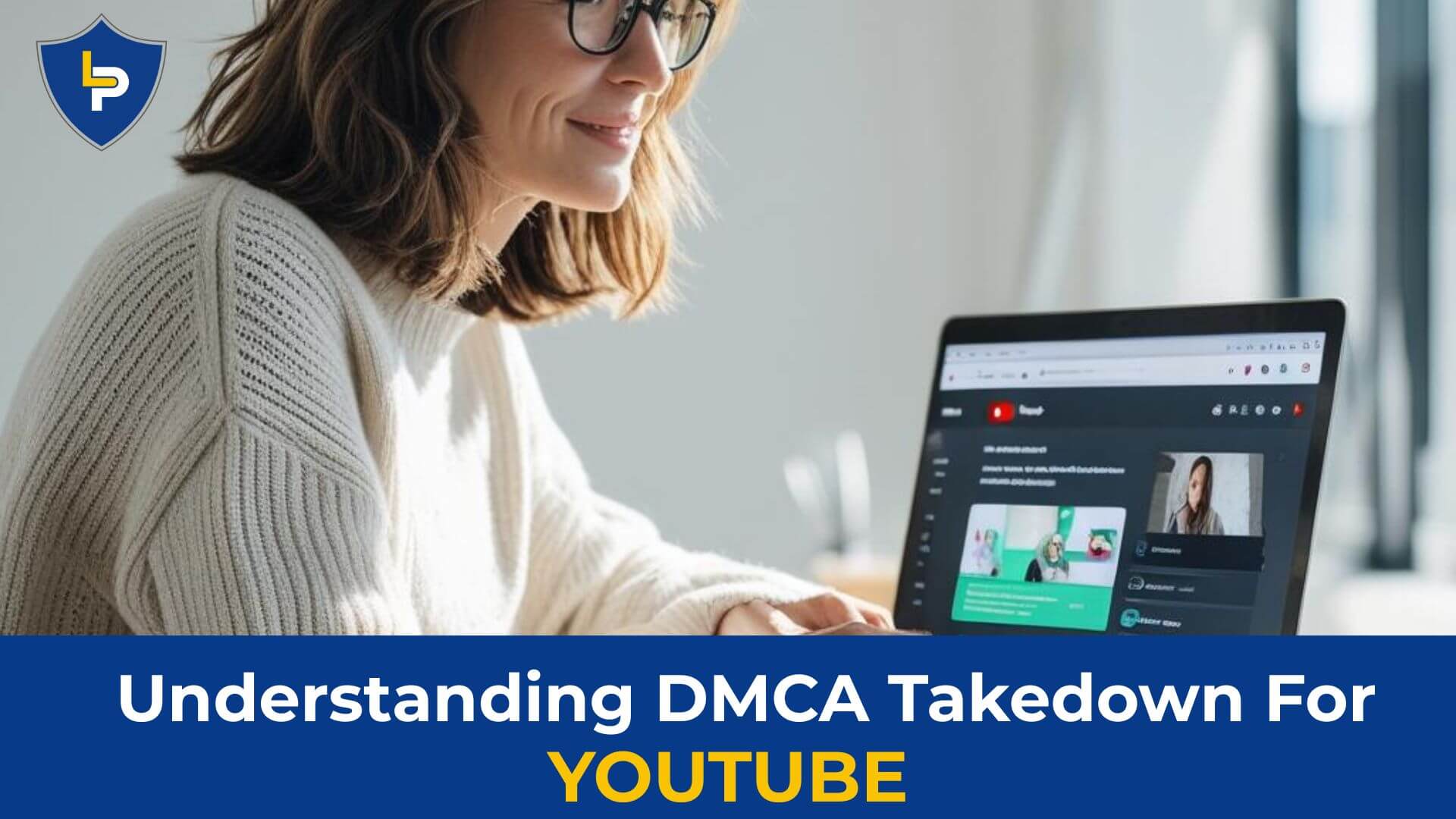Social Media Copyright Infringement: Is Sharing or Copying a Violation?
Introduction: Busting the Myth Around Social Media Sharing
In the digital age, content is shared, reposted, retweeted, and copied at lightning speed. But when does sharing cross the line into social media copyright infringement? Many small business owners, influencers, and content creators unknowingly breach copyright laws by copying posts. Understanding the difference between sharing and copying can help protect your business, reputation, and intellectual property.
Sharing vs. Copying: Know the Legal Boundary
A common question we hear is: “Is retweeting or using the share button on Facebook considered copyright infringement?”
The answer is no—you’re safe when using a platform’s built-in sharing tools like retweet, repost, or share buttons. These features are designed with the understanding that the original creator consents to their content being shared in this manner. In fact, virality is part of social media’s core mechanism, and most users post with the expectation of wide distribution.
✅ Allowed:
- Retweeting on X (formerly Twitter)
- Sharing on Facebook, LinkedIn, Instagram using share buttons
- Embedding YouTube videos with proper credit
❌ Not Allowed:
- Copying text or images from a post and republishing as your own
- Republishing content without permission, even with attribution
Downloading and reposting someone else’s video or image.
Real-Life Case: When Copying Becomes Infringement
To illustrate the issue, here’s a real example: An IP professional posted detailed answers to copyright questions on social media. Later, someone copied the entire text, posted it on their own profile, and attributed it vaguely to “a local IP lawyer” without permission. No name, no link—just copied content.
This is a clear case of social media copyright infringement.
Even if credit is given, copying someone’s original content—text, image, video—without consent violates copyright laws. Copyright protection is automatic upon creation, and it applies even to social media posts, provided they are original and exceed minimal creativity.
Why Sharing Features Are Safe
Sharing content through official platform tools is not infringement. These built-in mechanisms maintain the original creator’s identity and context while distributing the content widely. This helps:
- Preserve author attribution
- Maintain the post’s original message
- Respect copyright norms
- Encourage ethical content use
However, copy-pasting, downloading, or modifying someone else’s content and reposting it—even with credit—crosses the legal line.
Tips to Safeguard Your Content on Social Media
- Use Short Responses
Avoid posting long-form, valuable content directly in replies or comments. Instead, give a teaser and direct users to your website. - Link Back to Your Website or Blog
Redirect followers to read more on your platform. This builds traffic and protects your content from easy theft. - Watermark Visuals
For graphics or photos, consider subtle watermarking or using branding elements that make your content uniquely identifiable. - Enable DMCA Protection
Register your content and enable DMCA enforcement so you can file takedown notices swiftly in case of misuse. - Keep Records of Your Original Posts
Screenshots, timestamps, or platform archive tools can help prove original ownership if a dispute arises.
Why Copying Hurts Your Brand (and Theirs)
When you copy someone’s post—even if with good intentions—you not only risk copyright violations but also undermine your credibility. Originality builds trust. Sharing respectfully through proper methods honors the creator and fosters a healthier online culture.
Remember:
👉 Sharing = Legal and respectful
👉 Copy-paste = Copyright violation
Drive Engagement the Right Way
One powerful lesson from this experience is to never put all your valuable content directly on social media. Instead, centralize your insights, answers, or long-form explanations on your blog or website. Then, when users have questions, simply share a snippet and a link to your full content.
This strategy:
- Protects your work
- Increases website traffic
- Positions you as an authority
- Reduces chances of content theft
Conclusion: Protect Your Online Presence
Social media copyright infringement is more common than most users realize. As a creator or business, it’s critical to know where the line is drawn. Sharing through proper features is not only safe—it’s encouraged. But copying and pasting content without permission, even with credit, is still infringement.
To protect your content, consider using DMCA Takedown Services that monitor and act against unauthorized use of your work online.
🔒 Need Help with Copyright Protection?
At LexDMCA, we help content creators, influencers, and business owners enforce their rights through professional DMCA takedown services. If someone has copied your content, our legal experts will prepare and submit valid takedown notices to ensure swift and lawful removal.
👉 Explore our DMCA Enforcement Services
👉 File a DMCA Takedown Notice Now






 +1 888 890 6411
+1 888 890 6411